It’s a familiar scene in any livestock, poultry, or homesteading group: someone posts an animal or hatching eggs for sale, and a few comments trickle in—“That price is crazy!” “Must be made of gold!” “They better lay golden eggs!” or the ever-popular, “Must be magic.”
At first glance, those reactions might seem like harmless banter. But underneath is a deeper issue: many people confuse price with value, and it creates a culture that undermines ethical breeding, conservation efforts, and the hard-earned expertise of serious farmers.
So let’s talk about it—what is value, really? And how do we recognize it in the world of animal husbandry?
Understanding the Difference: Price vs. Value
Price is what you pay.
Value is what you receive in return.
In the world of animals—whether you’re talking about goats, chickens, pigs, dogs, or rare poultry lines—the price may reflect more than just the physical being. It reflects what went into creating that animal: years of thoughtful breeding, health management, ethical care, and mentorship.
A $10 chick and a $50 chick may look the same to the untrained eye. But one might come from a feed store with no known genetics, unknown health status, and no support after the sale. The other may come from a closed flock, selected over generations for productivity, temperament, or heritage traits, with a breeder who answers questions and offers lifelong support.
That’s value.
What You’re Actually Paying For
When a breeder sets a price, especially one that may seem “high” to a casual observer, they are rarely just charging for the cost of feed. Here’s what often goes into that price:
1. Genetic Selection & Linebreeding
Good breeders don’t just breed animals—they improve them. They track generations, study pedigrees, and make informed pairings to strengthen traits such as hardiness, temperament, production, or conformation. This kind of work takes years to develop—and often comes with sacrifices, hard decisions, and relentless dedication.
2. Feed, Housing, and Veterinary Care
Raising animals well isn’t cheap. High-quality feed (often non-GMO, organic, or soy-free), proper housing, bedding, fencing, and regular vet care all cost money. And with inflation, those costs are only rising.
3. Time and Labor
Animals don’t take days off. From 3 AM births to emergency illnesses to socializing and training, breeders and farmers put in long, physical hours. Pricing must reflect this labor—or it simply isn’t sustainable.
4. Education and Support
Reputable breeders don’t just send you home with an animal. They educate you, answer questions, and help you succeed. That mentorship adds long-term value that goes far beyond the purchase price.
5. Biosecurity and Ethics
Maintaining a clean, closed, and healthy breeding program isn’t easy. It requires planning, testing, and often turning away buyers who don’t align with ethical standards. That integrity has value, even if it’s not always visible upfront.
“Magic Eggs” and Misconceptions
The term “magic eggs” is often used mockingly when someone sees hatching or eating eggs listed at a price they don’t understand. But here’s the truth:
Those eggs may come from a rare or heritage breed needing conservation. They may be from a line that took years to stabilize or perfect. The breeder may be offering ongoing support, shipping guarantees, or bonus materials (like eBooks or hatch guides). The flock might be tested, vaccinated, and raised under strict protocols. The type of feed being fed may reflect on the cost.
So no—they’re not magic. They’re the product of someone’s hard work, intention, and stewardship. If that seems like “magic,” it’s only because so few people recognize how much goes into doing it right.
Questions to Ask When Evaluating an Animal’s Value
If you’re unsure whether an animal or product is “worth the price,” ask:
- What’s the breeder’s reputation?
- Are they known for honesty and education?
- Are health and biosecurity practices in place?
- Are the genetics traceable and thoughtfully selected?
- Does the breeder offer documentation, photos, or mentorship?
- Are the animals ethically raised and well cared for?
- Is this animal part of a preservation or improvement program?
If the answers are yes, the value is likely there—even if it costs more than the alternative.
Why It Matters
When we reduce animals to commodities and judge them purely on price, we devalue the time, care, and knowledge required to raise them well. This mindset can lead to:
- Support for irresponsible backyard breeding
- Poor animal welfare
- Weak genetic pools
- Burned-out breeders who can’t sustain ethical practices
But when we recognize value—and support those who provide it—we uplift the standards of the entire community.
Final Thoughts: Know What You’re Supporting
Anyone can sell animals. But not everyone:
- Tracks generations
- Honors ethical breeding
- Follows sound husbandry
- Invests in education
- Stands by their stock
Those who do? They’re not selling “magic.” They’re offering you something better—something with roots, responsibility, and respect.
So the next time you see a price that makes you pause, don’t ask, “Why is it so expensive?”
Ask, “What went into this—and what am I really getting?”
Because that’s how we build a better future in farming.
For more information on what we do on the farm and raise, please check our website www.stellargamebirds.net

Think you’re just paying for an animal? Think again.
Behind every ethically bred goat, chicken, pig, or pup is a mix of genetics, care, time, and integrity. This is what real value looks like—beyond the price tag.


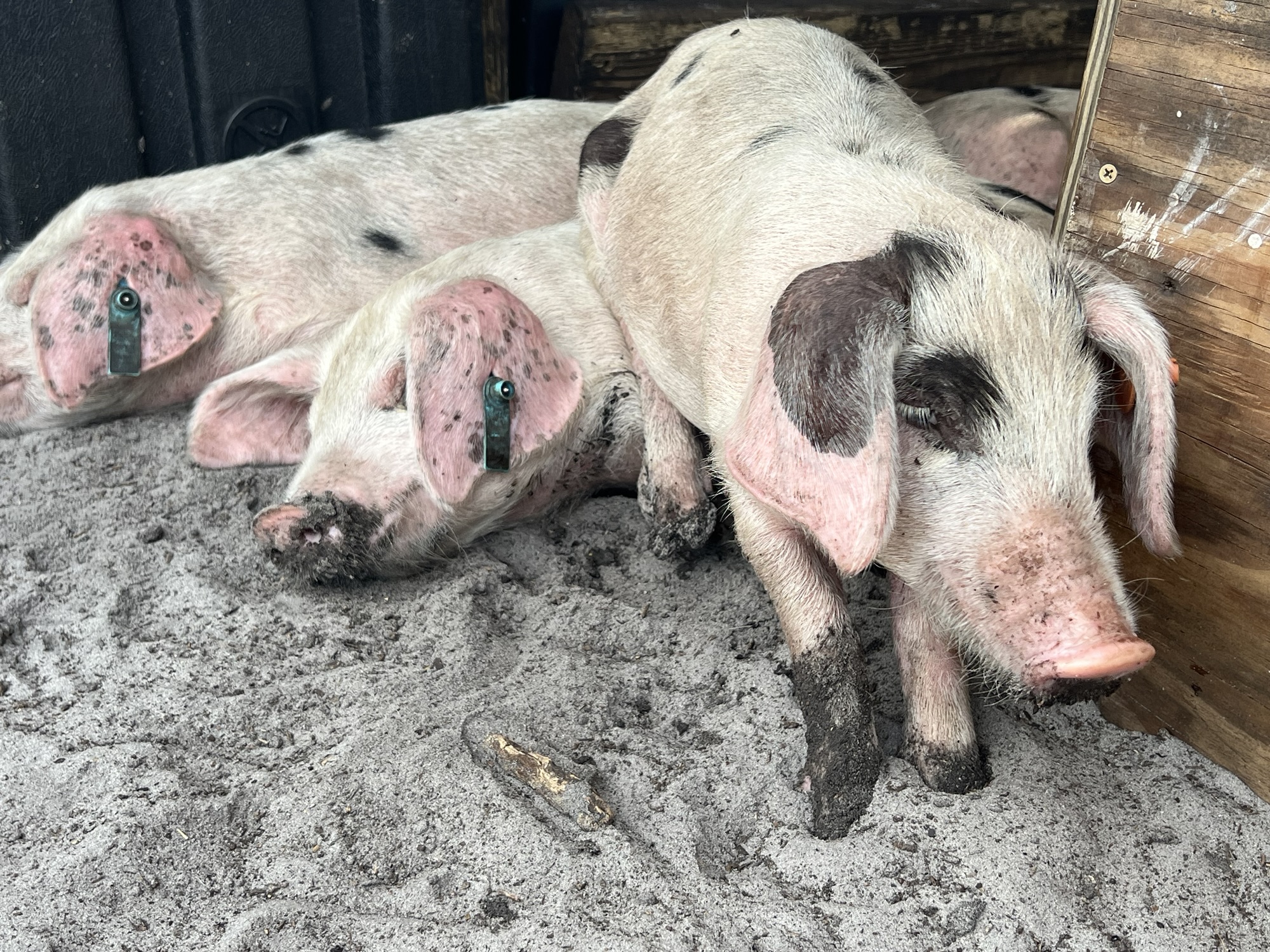
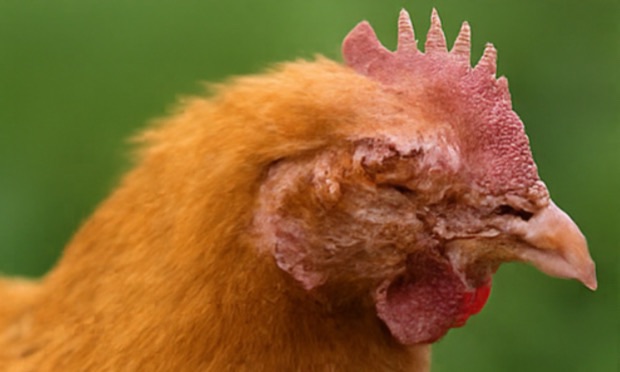
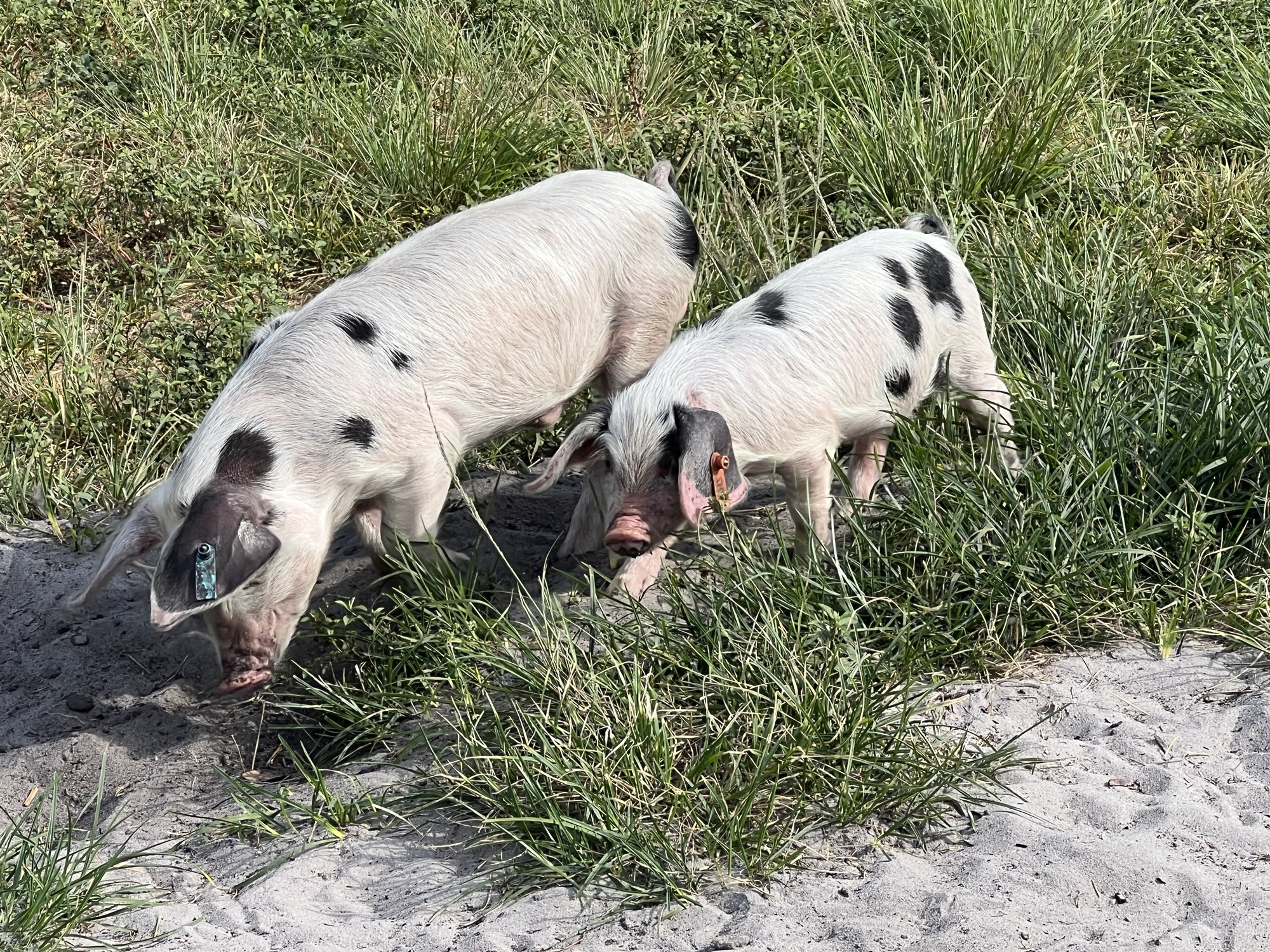
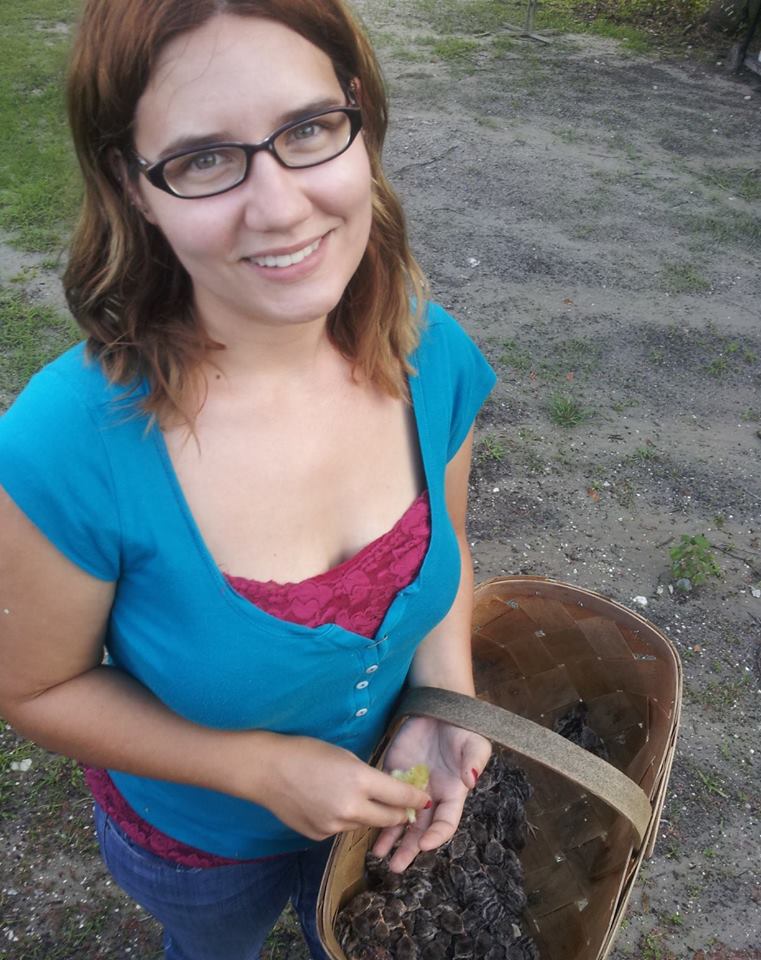



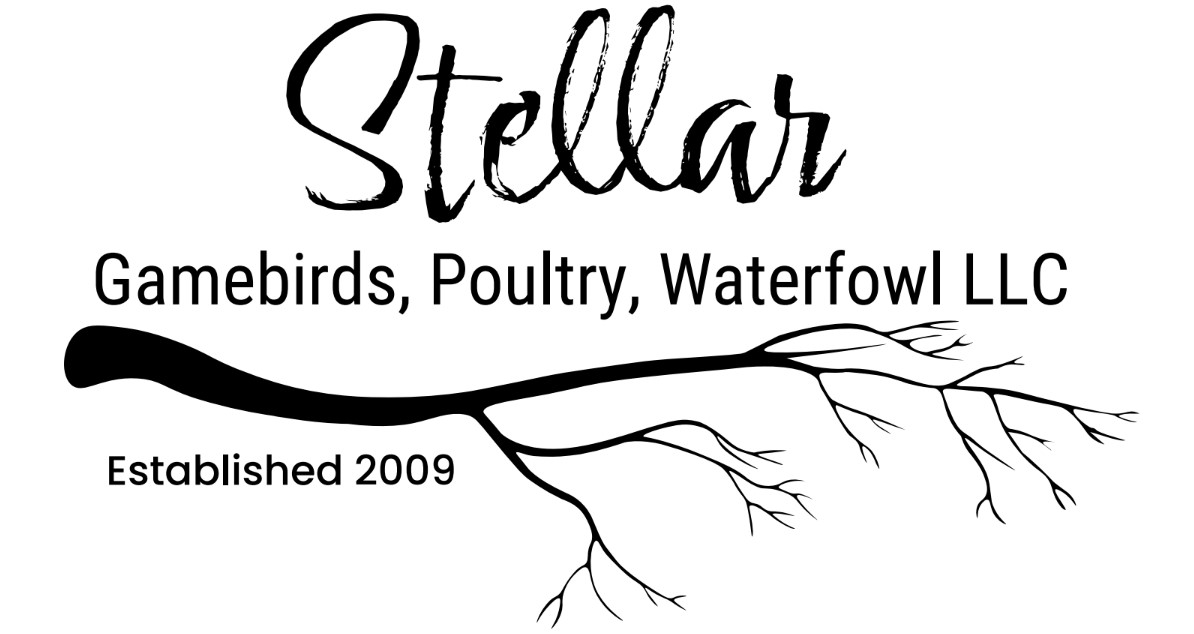

Recent Comments